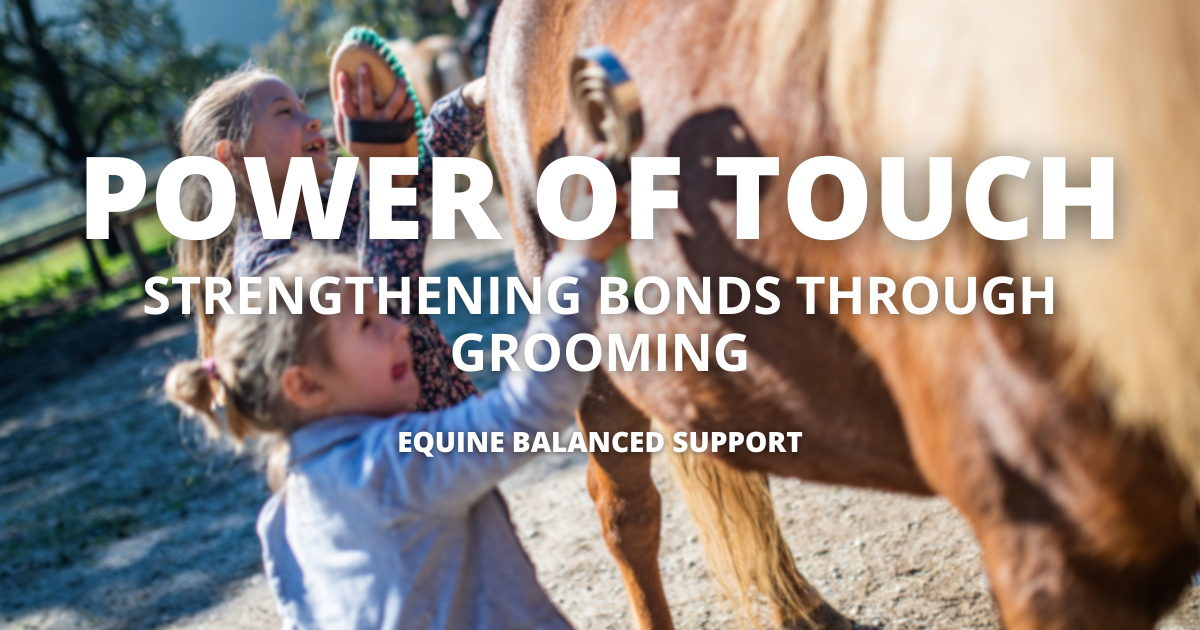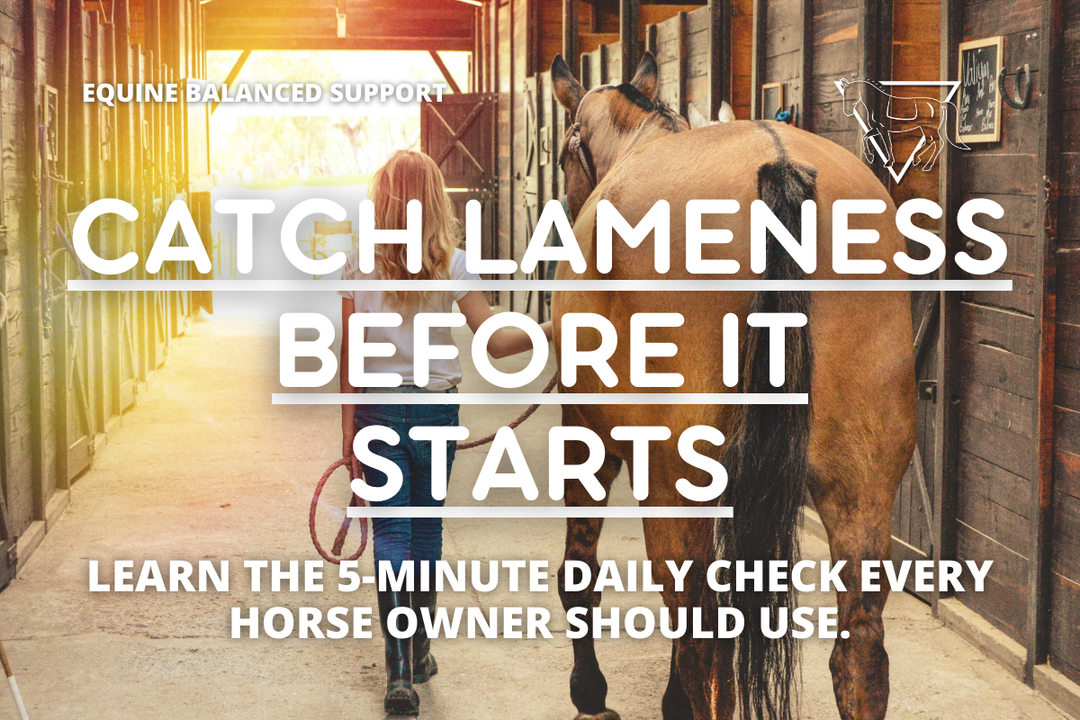The Power of Touch: Strengthening Bonds Through Grooming

The Vital Role of Grooming in Strengthening Bonds with Horses
Grooming a horse is often viewed primarily as enhancing the animal's appearance, but its significance extends far beyond just achieving a shiny coat. Regular grooming sessions are crucial for several reasons: they strengthen bonds, allow for health monitoring, improve the understanding of the horse's body, and enhance overall well-being. This blog discusses these aspects, highlighting why grooming is indispensable to proper equine care.
Can You Strengthen The Bond With Your Horse Through Touch?
Grooming is a powerful tool for building a strong, trusting relationship between a horse and its handler. The regular, rhythmic brushing motion mimics the mutual grooming behavior seen in wild horses, which is a natural part of their social bonding. For a horse, being groomed by their owner or caretaker can establish a sense of security and trust, turning grooming sessions into anticipated, relaxing experiences. This bond is foundational for handling and enhances cooperation in training, riding, and other situations. Time spent building this bond will create a more trusting and confident horse that takes joy in their work and is more straightforward to train.
How Does Regular Grooming Help Monitor A Horse's Health?
One of the most practical benefits of regular grooming is its opportunity to monitor the horse's health. As you groom, you can inspect the skin for any signs of irritation, infection, or infestation by pests such as ticks or lice. It also allows the caretaker to notice new wounds, growths, or abnormalities that may require veterinary attention. Familiarity with the horse's normal skin condition and any existing marks means that any changes can be quickly identified and addressed, potentially preventing minor issues from escalating into serious problems.
Do you Know Your Horse's Legs?
The legs of a horse are pivotal for its mobility and overall health but are also prone to injuries and issues. Regular grooming includes cleaning and checking the legs, hooves, and fetlocks for any signs of injury, swelling, or heat. Familiarity with the normal appearance and feel of your horse's legs allows for early detection of potential issues like strains, sprains, or the onset of conditions such as splints or arthritis. Most horses have lumps and bumps that are "normal" for them; familiarizing yourself with these allows you to notice changes that might require a vet visit.
Does Grooming Help Muscle Health?
Grooming enhances circulation, providing massage-like benefits that are vital for overall health. Brushing, particularly with a curry, helps stimulate blood flow to the skin's surface, promoting healthier skin and a more vibrant coat. This increased circulation helps to warm the muscles, making them more pliable and less prone to injury, and it aids in the efficient delivery of nutrients and oxygen to various parts of the body. Moreover, the pressure applied during grooming can help relieve muscle tension and support lymphatic drainage, thereby aiding in removing toxins and contributing to muscle recovery, especially after exercise. Keeping the horse relaxed and enhancing muscle tone and overall physical well-being as a therapeutic massage would for humans.
How Does Grooming Help a Horse Communicate?
Each horse is an individual with its preferences and sensitivities. Regular grooming sessions help the caretaker learn where a horse might be touchy, sensitive, or insecure about being touched. This knowledge is invaluable, as it aids in ensuring that handling and medical treatments can be conducted to minimize stress for the horse. Knowing these sensitive spots also helps in training, enabling handlers to approach desensitization or conditioning in a more informed and respectful manner. Paying attention while grooming your horse allows them to communicate their feelings. Are they sore after training? More reactive in general? Suddenly tight in a specific area? Listening to these signals will allow adjustments for the horse to ensure they remain happy and healthy.
Why is it Important to Pick a Horse's Hooves?
Cleaning a horse's hooves is a critical component of grooming that helps prevent hoof diseases and ensures comfort in movement and atrest. Regular hoof cleaning also provides insight into the horse's comfort thresholds and potential soundness issues, essential for routine care and emergency situations.
Why is Grooming the Most Important Thing to Do for Your Horse?
Grooming is much more than a superficial beauty routine; it's a critical component of equine care that fosters a deeper understanding and connection between horse and handler. By treating grooming as a comprehensive care activity, handlers not only enhance their relationship with their horses but also ensure their health and happiness are well-maintained. Regular grooming contributes significantly to a horse's physical health and emotional bond, creating a harmonious and trusting partnership that benefits both.
Want to ensure your horse has a shiny coat? Shop here for top equine skin and coat health supplements!





Leave a comment